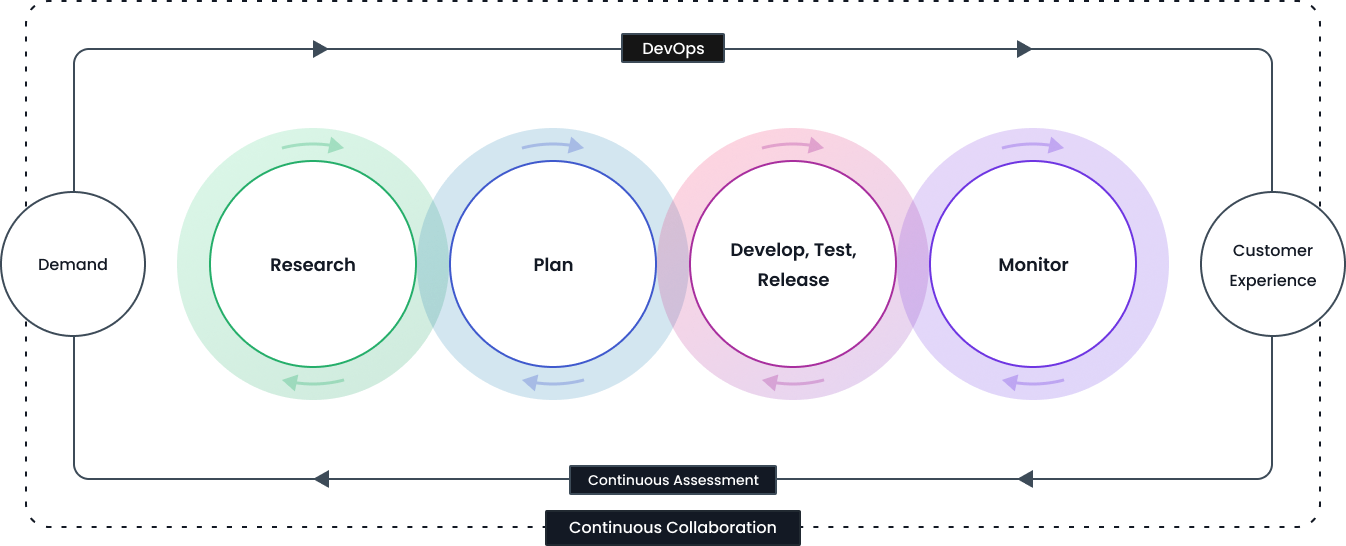Change is the only constant thing in the competitive business landscape. However, to navigate it, companies need to be agile and swift. If the development and operation of a product, infrastructure and solutions are siloed into separate teams, inefficiencies arise. Consequently, it leads to a slower time to market.
DevOps is a proven way to resolve the separation between development teams and operations. It is a set of best development practices that promote collaboration, integration, and automation throughout the development life of any solution. When you outsource DevOps services, you gain the specialised expertise and resources to implement these practices for better productivity.
As a top CMMI Level 3 company with over 15 years of experience, eSparkBiz offers software development outsourcing services. Our teams simplify your operations and facilitate consistent, fast and performant releases. Our expertise in DevOps spans domains like healthcare, real estate, e-commerce, finance, human resources and more.
- Hire DevOps teams from eSparkBiz according to your needs, such as our hourly, part-time monthly and dedicated developer plan.
- Our skilled teams reduce the change failure score of your software to less than 3%, resulting in excellent delivery.
- We configure your CI/CD pipelines, implement the best security practices, and manage large-scale cloud infrastructures.
- eSparkBiz offers enterprises a package of reusable automated tests, making future regression testing easier.
- Our monitoring services to remove errors and keep your systems secure and reliable are 24/7.














